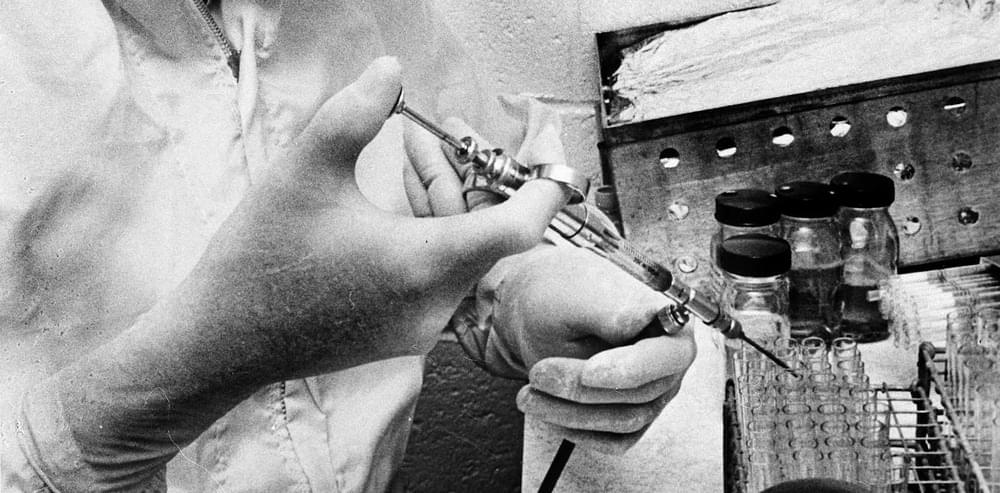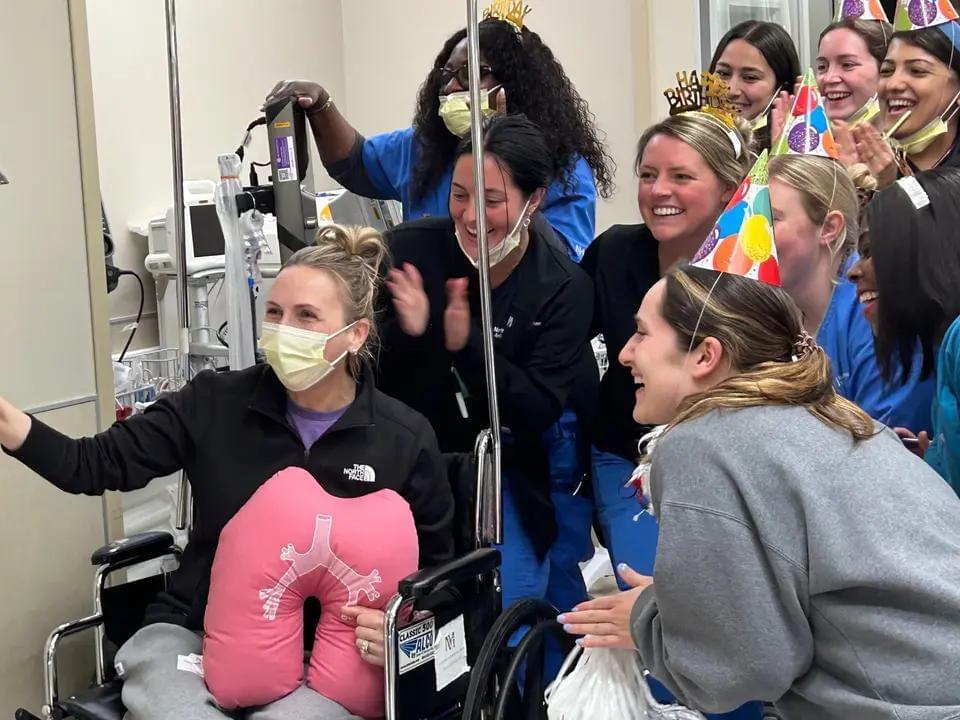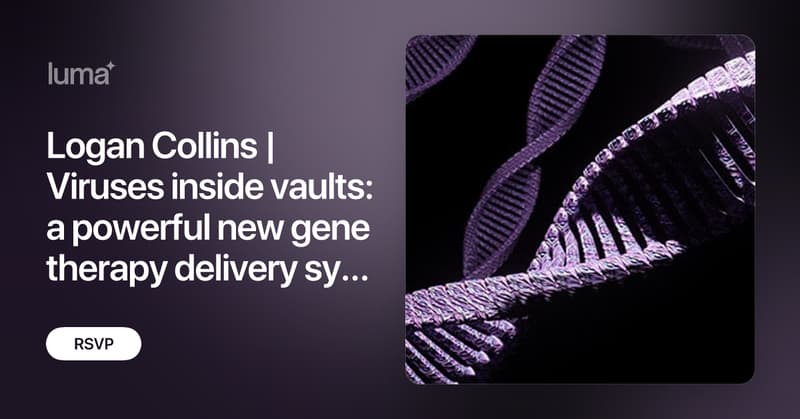This could explain the silence.



Extinct volcanoes are hard to study – we never see them erupt. Using a unique experimental technique, we were able to recreate a certain type of extinct volcano in a lab, learning more about the magma these volcanoes produce.
We found that some rare magma types are surprisingly efficient at concentrating rare earth elements. This is a group of metals with crucial applications in several high-tech industries, such as magnets for electric vehicles and wind turbines.
Demand for rare earths is soaring as society moves away from fossil fuels and electrifies energy production and transport. Despite the name, rare earths aren’t particularly rare. The biggest challenge is finding rocks in which these metals are concentrated enough to be economically viable to extract.


CHICAGO — Surgeons at Northwestern Medicine successfully completed a double-lung transplant on a Minnesota woman who was battling cancer. In 2017, at just 34 years old, Amanda “Mandy” Wilk initially suspected she had food poisoning. However, her lingering symptoms prompted further investigation, ultimately leading to her diagnosis of stage 4 colorectal cancer.



ChatGPT vulnerability patched by OpenAI after discovery of persistent spyware risk in memory feature, potentially exposing user data.

OpenAI pitched the White House on building data centers in the US as large as 5GW capacity — for ref, that’s enough to power 3 mil homes.
OAI’s analysis says it could add tens of thousands of jobs, boost GDP, and keep US ahead of China on AI.
Altman has spent much of this year trying to form a…
OpenAI has pitched the Biden administration on the need for massive data centers that could each use as much power as entire cities, framing the unprecedented expansion as necessary to develop more advanced artificial intelligence models and compete with China.

Hi folks, I’d like to invite you to a webinar I will be giving on my research, hosted by the Foresight Institute! It takes place this Friday at 12:00pm CST. You can sign up on the linked page. The donation is optional, so if you don’t want to donate, you can just put $0.00. I hope to see you there!
Biotech and Health Extension sponsored by 100 Plus Capital
Viruses inside vaults: a powerful new gene therapy delivery system
Bio: Logan Thrasher Collins is a synthetic biologist, author, and futurist. He is currently a PhD candidate in biomedical engineering at Washington University in St. Louis. Logan began engaging in scientific research during his sophomore year of high school when he created a new synthetic biology approach for combatting antibiotic resistant infections. Since then, he has led research projects on developing x-ray microscopy techniques for connectomics, using molecular dynamics simulations to study SARS-CoV-2, and inventing novel gene therapy delivery systems. Logan has spoken at TEDxMileHigh and has published peer-reviewed scientific papers on his research. He has also published science fiction and sci-fi poetry and as well as a peer-reviewed philosophy journal article. Logan passionately advocates for applying interdisciplinary solutions to global challenges and leverages both the arts and sciences to help build a bright future.